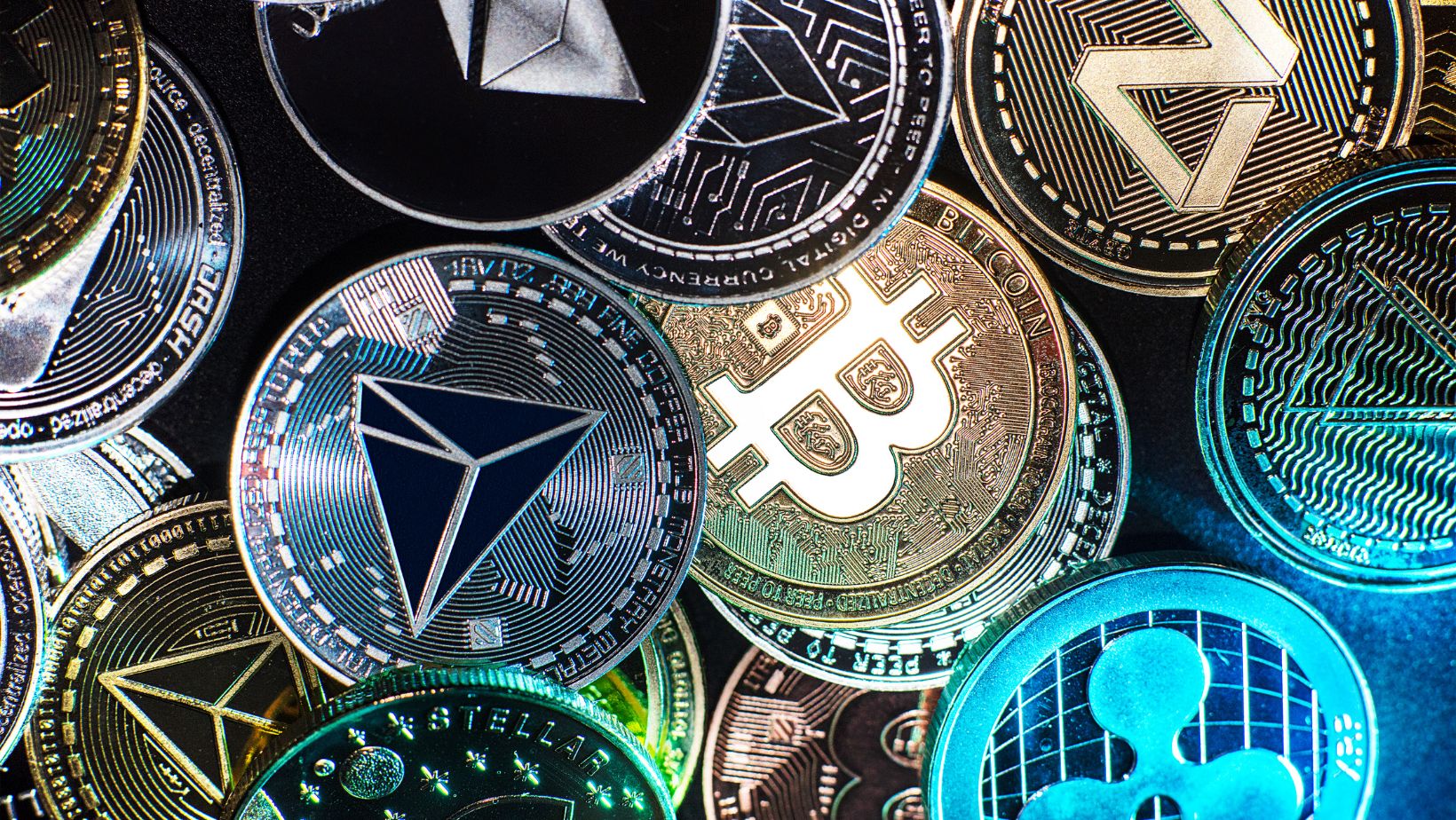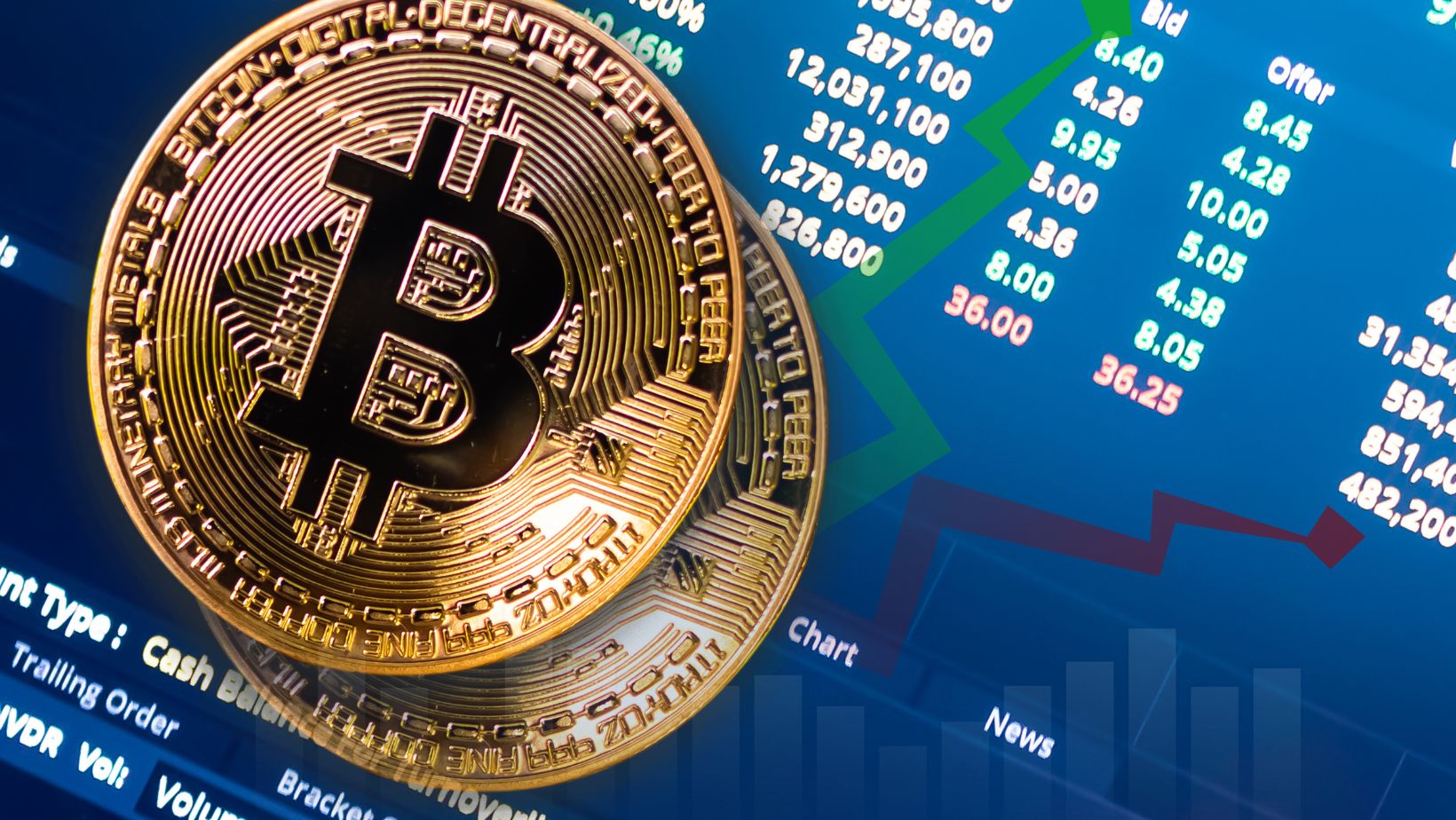The Persian Gulf states are in an intriguing juncture, where immense oil wealth is juxtaposed with high-tech aspirations. While the countries pursue aggressive plans for diversification to lower their reliance on hydrocarbon revenues, cryptocurrency has taken center stage as part of their thinking about a future beyond hydrocarbons. The region’s own blend of sovereign wealth, regulatory freedom, and aspiration to become a hub of financial technology in the world offers a singular environment in which cryptocurrency adoption might follow paths visibly different from Western economies.
The Current Digital Currency Landscape in the Gulf
The digital currency landscape in the Gulf Cooperation Council (GCC) countries has evolved dramatically in recent years. Though they began hesitantly, the majority of Gulf countries have changed their stance towards embracing blockchain-based technologies as well as cryptocurrencies, albeit not with similar passion indicative of each nation’s financial agenda and risk tolerance. The revolution transcends traditional financial institutions to involve digital entertainment domains where security within transactions is of paramount importance. Digital payment innovations have changed how local consumers interact with various online platforms, including Melbet UAE and others that showcase the actual applications of secure digital payments in regulated entertainment settings. The evolving regulation will need to consider balancing innovation with the appropriate level of consumer protection on all digital touchpoints for financial products and services. These concerns dictate the way each nation manages its digital currency projects in the future.
The United Arab Emirates has arguably been the most enthusiastic, establishing the Dubai Multi Commodities Centre (DMCC) Crypto Centre and embracing pioneering regulatory frameworks that have attracted giant cryptocurrency exchanges. Saudi Arabia has, by contrast, proceeded cautiously, focusing predominantly on central bank digital currency (CBDC) innovation while retaining tighter controls over private cryptocurrencies. Bahrain has set itself up as a testing ground for fintech experiments, with specialized licensing available for crypto-asset service providers.
This intra-regional heterogeneity of policy approaches potentially presents a natural experiment for different models of digital currency management. One can wonder how such varied approaches will eventually converge or diverge as the technology develops further.
Central Bank Digital Currencies: The Gulf’s Strategic Priority
CBDCs are arguably the most significant digital money project in the entire Gulf region. Project Aber, a joint UAE and Saudi Arabia central bank CBDC pilot, demonstrated that a two-central monetary authority distributed payment system is technically viable.

The enthusiasm for state-backed digital currencies stems from several regionally specific factors:
| Factor | Implication | Strategic Advantage |
| Remittance Volumes | Gulf economies rely heavily on foreign labor, generating massive remittance flows | CBDCs could dramatically reduce costs and increase efficiency in cross-border payments |
| Surveillance Capabilities | Digital currencies offer enhanced financial monitoring | Aligns with governmental preferences for economic visibility |
| Sanctions Resilience | Alternative payment infrastructure reduces dependence on SWIFT | Creates strategic flexibility in international relations |
These government-issued cryptocurrencies stand poised to transform both local economic activity and the position of the region within global finance. Whether such systems will be operated mostly as closed networks or, at some future date, will become part of broader international CBDC systems remains uncertain.
Private Cryptocurrencies and the Diversification Imperative
As government interest has been directed towards CBDCs, private crypto markets have made significant inroads across the Gulf. This trend aligns with the region’s far-reaching diversification plans on a variety of compelling axes.
Gulf economies have grappled for decades with the “resource curse” of a paradoxical nexus between natural resource abundance and economic underwhelming performance elsewhere. Digital assets provide a compelling route to economic diversification aligned with the region’s comparative advantage:
- Capital Deployment Opportunities
- Sovereign wealth funds possess substantial resources seeking diversification
- Cryptocurrency investments offer exposure to next-generation financial infrastructure
- Strategic stakes in blockchain projects create technological knowledge transfer
- Talent Attraction Imperatives
- Liberal cryptocurrency regulations help recruit global fintech talent
- Building specialized knowledge ecosystems supports broader innovation goals
- Creates employment alternatives to traditional government and hydrocarbon sectors
The simultaneity of enormous capital availability and the need to reimagine their economies puts the Gulf into the world of cryptocurrencies in a unique manner. They are able to mobilize finance on an unprecedented scale, thus potentially making them capable of influencing trends in global cryptocurrency creation through shrewd investments and regulatory actions.
Islamic Finance and Digital Assets: A Natural Convergence?
One of the most interesting aspects of cryptocurrency adoption in the Gulf is its alignment with Islamic financial principles. The Gulf region is the world center for Islamic banking, which excludes interest (riba) and excessive speculation (gharar) and focuses on asset-backed financing structures.
Certain blockchain protocols—particularly those that employ proof-of-stake authentication or asset-backed stablecoins—have a natural affinity for principles of Islamic finance. The absence of interest-bearing instruments in some cryptocurrency systems may arguably solve one of the greatest theological concerns. Second, the openness inherent in blockchain technologies is in accordance with the Islamic emphasis on certainty and clarity within financial dealings.

The Geopolitical Dimensions of Gulf Digital Currency Development
In addition to purely economic reasons, cryptocurrencies have deep geopolitical consequences for the Gulf nations. The technology arguably gives them greater autonomy in the international financial system that has long been controlled by Western banks and the US dollar.
The possibility of reduced dollar-denominated transaction reliance is particularly appealing to Gulf states with complex histories with Western powers. Cryptocurrencies, either private cryptocurrencies or CBDCs, could facilitate alternate trade networks more resistant to traditional sanctions mechanisms or external financial leverage.
Meanwhile, these advancements occur against the backdrop of shifting regional power dynamics and shifting alignments with financial titans like China. Beijing’s rapid advances toward its digital yuan program have not gone unnoticed by Gulf capitals and have given rise to speculation about whether regional currency networks in the future might mesh more comfortably with new Eastern financial architectures than conventional Western ones.
Gulf policymakers’ strategic balancing act is to maximize economic opportunity alongside keeping in place key security relationships—a tension that will necessarily inform digital currency governance decisions in the years ahead.
Challenges and Inflection Points on the Horizon
Despite strong momentum, the digital currency landscape of the Gulf region is confronted with several gravely challenging issues. Environmental concerns—particularly relevant in a part of the world already experiencing the impacts of climate change—add energy-inefficient cryptocurrency mining pressures. Regulation harmonization across GCC member states remains unfinished and can slow the full regional cryptocurrency market. Cybersecurity weaknesses also represent heightened threats to nations whose strategic value positions them as opportunity targets.
A comprehensive assessment reveals several critical hurdles that will shape the trajectory of digital currency adoption in the Gulf:
- Regulatory Fragmentation Concerns
- Inconsistent legal frameworks between GCC nations create compliance complexities
- Potential for regulatory arbitrage undermines coordinated regional policy
- International standards compliance may conflict with local autonomy objectives
- Technical Infrastructure Requirements
- Significant investment needed in specialized cybersecurity capabilities
- Data sovereignty considerations require local hosting solutions
- Digital identity systems must evolve to support sophisticated financial applications
- Cultural and Educational Barriers
- Public understanding of digital currencies remains limited despite high smartphone penetration
- Conservative financial traditions may slow adoption rates among certain demographics
- Professional expertise shortages require substantial educational investments
All these interconnected challenges need to be addressed with integrated solutions to technical, regulatory, and social ones simultaneously. The best performing Gulf nations will be those that establish integrated strategies rather than addressing each hurdle independently.
The changing international regulatory landscape is another variable of paramount importance. As global economic leaders such as the United States and European Union develop more extensive cryptocurrency governance structures, Gulf states will walk a tightrope between upholding their relative regulatory strengths and achieving adequate compliance with international requirements to preserve financial system integration.
The path forward will be strategic differentiation and not vanilla regulatory arbitrage. The Gulf’s best hope could be developing distinctive digital asset ecosystems constructed around regional strengths—whether Islamic finance compatibility, sovereign wealth capital, or strategic geographic positions between East and West.
The Road Forward: A Balanced Perspective
The incorporation of virtual currencies in Gulf economies is not a panacea for diversification or speculative froth in itself. Rather, it is a technological phenomenon with a compound effect on regional economic autonomy, financial inclusion, and global positioning.
For such nations, digital currency adoption is more than merely a purely economic incentive—it reflects broader aspirations for knowledge economies and de-hydrocarbonization. Not cryptocurrency market capitalizations or blockchain start-up numbers will determine success, but how far these technologies advance fundamental economic transformation goals.
The destiny of the Gulf in digital currency will be written on the thin line of innovation and stability, global integration and regional sovereignty, technological development, and cultural authenticity. How the contradictions are resolved will frame whether digital currencies are another mere financial tool or an actual force of the region’s remapped economic fate.



